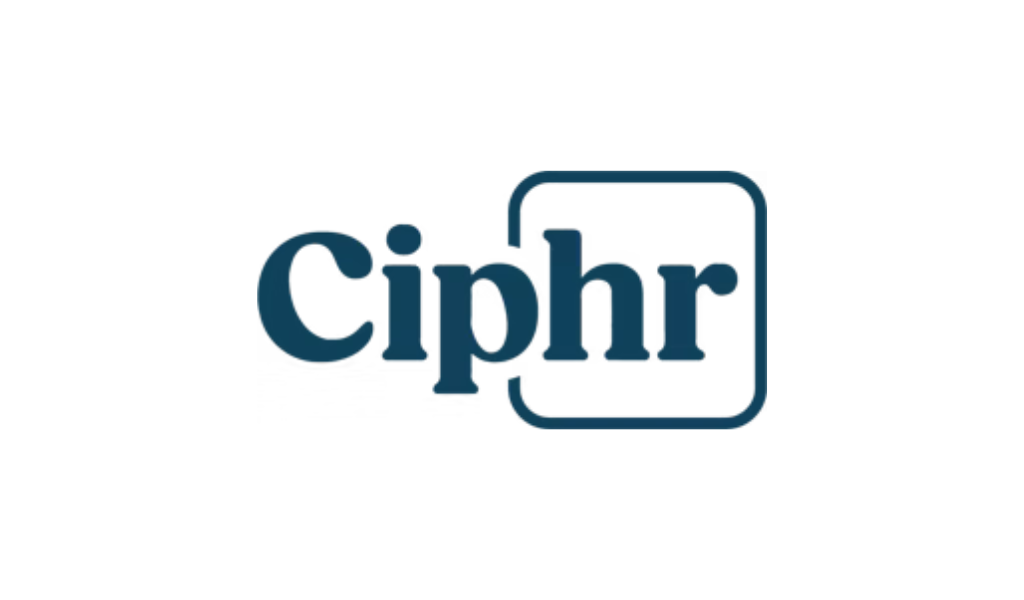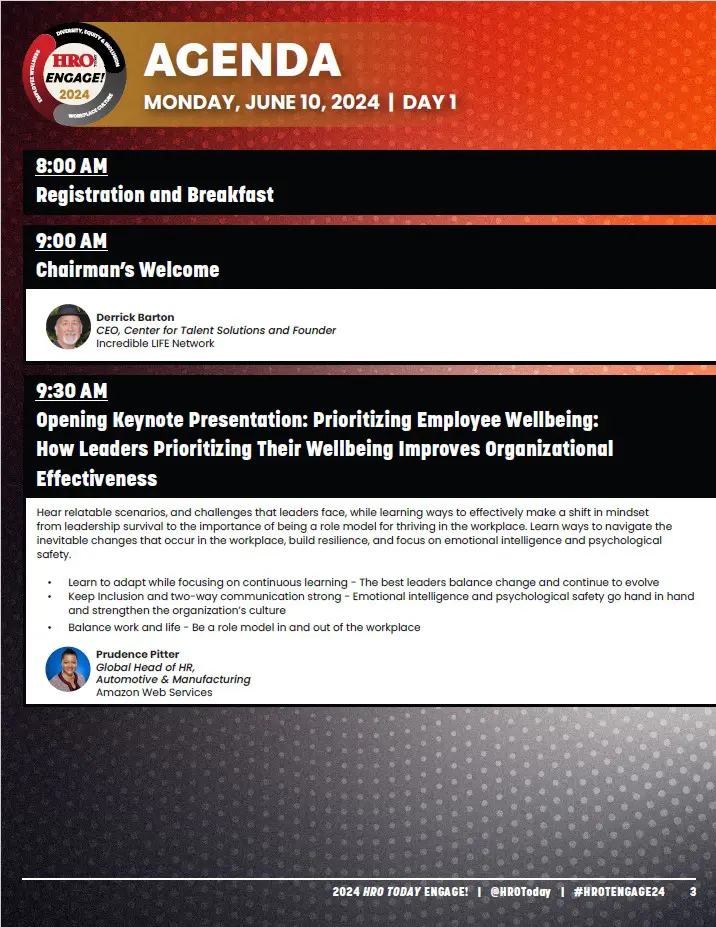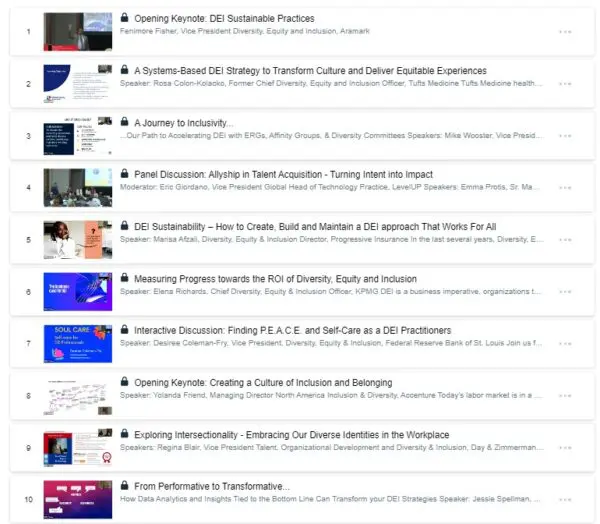As the global authority on remote employment, Remote regularly surveys remote and in-office knowledge workers to understand shifting workforce priorities and expectations. The company has released the results from its Workforce Pulse Survey, finding that just 17% of employers are providing the resources and support employees need to feel stable and motivated amid rising stress, fading motivation, and growing financial strain. This finding comes as 62% report higher work-related stress than a year ago, and just 24% describe themselves as “very motivated” at work relative to this time last year.
In response to their anxiety, 18% of employees have taken on a second job or side hustle, and another 57% are considering one in order to stay afloat financially. Their most pressing worries Retirement and financial security (60%), the looming threat of layoffs (45%), and concerns about employability if they lose their current position (44%).
The survey also reveals significant economic anxiety, with 79% of respondents expressing increased concern about the country’s economic direction compared to last year, and 67% report being worried about the economy’s impact on their current job.
“People are showing up, doing the work, and carrying real pressure, but the data shows they’re not hearing directly from leadership, and they’re not seeing action that matches the moment,” says Barbara Matthews, chief people officer at Remote. “That gap doesn’t close with simple perks or surface-level fixes. It takes real attention and follow-through.”
When asked what meaningful support would look like, workers say:
- increased compensation or bonuses (53%);
- transparent communication about business outlook (40%);
- greater flexibility in work hours or location (36%);
- career development (33%); and
- mental health or well-being support (28%).
The results also illuminated a clear transparency gap. Fewer than 18% of workers say they receive regular updates on how economic conditions might impact their company or role, while 26% report only vague communication. Another 35% say their employer hasn’t addressed the issue at all—but they’d like them to. Notably, hybrid (50%) and remote (46%) employees were more likely than in-person workers (37%) to say their employer had discussed potential economic impacts in some capacity.
“The findings serve as a reminder that people-first leadership isn’t about guesswork; it’s about listening, responding, and proactively creating environments where employees can maintain stability and productivity even in uncertain times,” continues Matthews. “By sharing this data, we hope to spotlight areas where employers can take meaningful action by showing up with transparency, prioritizing flexibility, and committing to fair, ethical practices – especially when times are tough.”













